It’s funny; three separate people over the last two weeks have messaged me and said it’s like I’ve vanished off the face of the Earth.
I’ve definitely been quieter on my blogs and on social media recently – and I aim to change this – but believe me, I’ve been very busy under the hood.
For a while, I took the spotlight off my production work whilst getting started on library music (which isn’t particularly bloggable!). I was still producing but just not really talking about it.
But I have lots to talk about, and have a few blogs coming up over the next few weeks.
Meanwhile, there are a few changes coming up.
In 2025, I’ll be increasing my pricing for production.
Until recently, I’ve played most of the instruments on the tracks I produce. I know I’m very capable of doing that, but on the odd occasion when a session musician is brought in, I am always gobsmacked at how much better it sounds.
So, I want to incorporate more live musicians, especially live drums.
I want to spend more time on each song I produce, getting the very best out of the song, the production, the mixing, everything.
I just want everything to the best it can be.
But all of these things I can’t do at my current price point (which has been the same for about ten years!) so I’ll be blogging about the new prices in the new year.
In the meantime, hopefully you’ll be a bit hearing more from me on Facebook and Instagram.
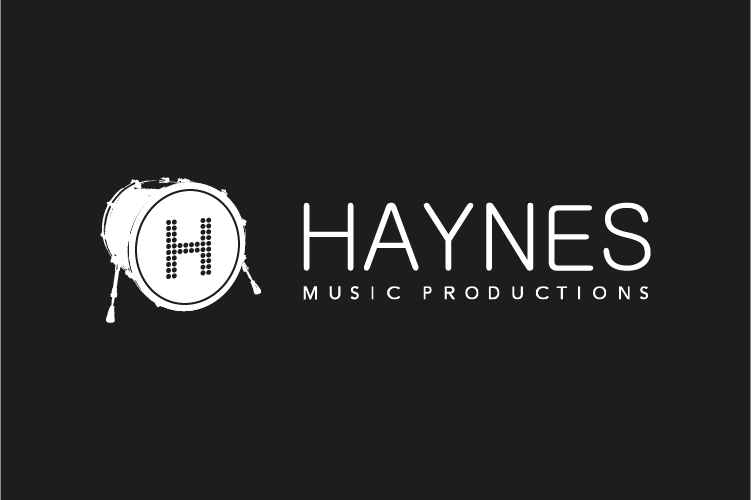
Between Christmas and new year, my wife Sarah and our kids head down to Eastbourne to stay with Sarah’s family, whilst I stay at home.
As I’m not in the studio at this time of the year, it gives me a rare four days with absolutely no responsibilities!
About 15 years ago, I remember being happy but a little bored. I recall saying to Sarah that I was ready for a new challenge. And with that, we had two kids and I started a music production business, all within the space of four years.
Now, I don’t have time to be bored! There’s always something that needs to be done. So these four days right at the end of the year are important ones.
I’m currently making plans for 2024. I love a new year in the same way that I used to enjoy getting a new exercise book in school. It’s brand new, looks great and there are no mistakes!
I keep a home-made Word calendar where I put all work and leisure appointments. I scour the internet for everything that’s happening in Derbyshire and add things to the calendar that might be interesting to me and the family.
Honestly, we don’t do 98% of the things I put on the calendar but at least I know there’s something to do every day if we want to. I love the possibilities of the new year
I also plan for the studio.
I’ll always produce solo artists and still love working on people’s songs, but you’ll notice on my website that I’ve changed the Music for Media heading to Library Music. I love making it and it’s doing well, so far.
I’ve got some new plugins, and read some articles on new methods of production. I have a few new artists to work with in the new year and will also be planning some new library music releases.
But for now, I’ve got the fire on, cup of tea made, silence in the house. I’m very much an introvert so it’s good to have some time to recharge!

I’ve been working with Kezia for a few years and it’s been incredible to see her getting recognition as an artist – regular plays on Radio 2, headlining festival stages and generally earning her reputation as genuinely one of the UK’s top Country music acts.
Kezia writes the bulk of her songs on her own, but this was written with me, almost my accident, and it’s had quite an interesting gestation, so here are the five stages it went through.
1 Just a Semi-Drunken Bass Jam
The track had humble beginnings. I was playing bass after a couple of drinks, and trying to come up with a bassline for something else with my phone recording on Voice Notes.
On this clip you can hear me playing jamming a Beatles-ish bassline and then suddenly hitting on the chords for what would become Whiskey Over Ice and then then reverting back again. It sounded good enough to keep and develop.
2 A Laid-Back Country Instrumental
I started working on a track, building around the bassline, adding drums, acoustic guitar, piano and even played some “faux pedal steel” guitar – which was actually me playing four separate bending guitar parts on one string each.
I was aiming for a seventies-sounding Country/Folk Rock track, reminiscent of Neil Young’s Harvest album.
At this point the song was called Driving to the Country. I had in mind for this to be a library track but it was a little too boring on its own so….
3 Melody and Lyrics
I occasionally work with Kezia on library music as she is brilliant at writing to briefs. I send her music and she writes lyrics and melodies. We started on a Country-style album and this was one of the tracks I gave her.
But when she turned up to sing the rough demos, she asked if she could keep this one for herself. After hearing it, I couldn’t agree more – the potential was incredible.
This is the rough demo with the vocal she sang in one take, with her lyrics in her hand. The song is still a lot slower and slightly too high, but she completely transformed the song. When a melody is this good, the next job is to get the music to match it in terms of quality.
4 A Full Version
We brought the key down from F to E, and sped the song up for more energy. I re-recorded all the rhythm guitars, bass, drums, piano and percussion and Kezia recruited her touring guitarist Luke Thomas to play some fine lead guitar.
We then did a few vocal sessions over September and October 2022, but could never quite get the right vocal feel for the song. Kezia was struggling with a lingering cold and that chorus is exceptionally high to sing!
In November, she came to the studio in the middle of her tour after her voice had warmed up. We ditched the posh microphones and she just held an SM57 and belted it out in the middle of the room. Job done!
We just needed to mix it.
5 Mix and Master
I did do a mix (the track above was it) but it wasn’t quite the sound that Kezia wanted, which was something a little less British and vibey, and more Nashville and slick.
Sometimes, when you’re producing something over a long period of time, you can get too close and familiar with the track. A fresh pair of mixing ears can do the trick.
However, I was cautious, as there have been some songs that have been mixed badly in the past. In fact, Kezia sent me the final mix on Christmas Eve and I couldn’t listen to it in case it ruined my Christmas!
In the end, it turned out great.
It was released last week and immediately got added to a couple of Spotify playlists. It’s also an absolute corker live. Here it is:

On the surface of things, it’s probably looks like it’s been a quiet year for me. I’ve done only one blog post (two if you include this!) and haven’t really done much in the way of social media.
In truth, this year has been busier than ever, and honestly I find it genuinely hard to find time to write and post things.
Also… I’ve kind of run out of things to write about.
Going back over the past few years, my blog contains loads of my thoughts about music production and composition – take a look! I feel I’ve covered most things and don’t feel the urge to add anything.
I used to post about projects I’d been working on but it felt like blowing my own trumpet, which I’m a bit reluctant to do. I also had an idea to do an audio podcast, but didn’t get started
For me, part of the problem is that I feel a bit exhausted my social media. It feels like everyone is shouting for attention or trying to sell something and it’s getting louder and louder. I don’t really want to be part of that. I’d rather go for quality over quantity now.
But please know that I’m still here, I’m always available, and if I think of anything exciting to write about that I feel people need to know about, believe me, I will!
I hope 2022 was great for you, and let’s make 2023 even better!

Like most musicians, I am constantly creating new ideas. I keep a database of literally thousands of musical ideas, from short rough sketches to fully completed pieces – all categorised for easy access.
For many years, that database just lay there getting bigger, as I added new music to it daily. Five years ago, I decided to do something about it.
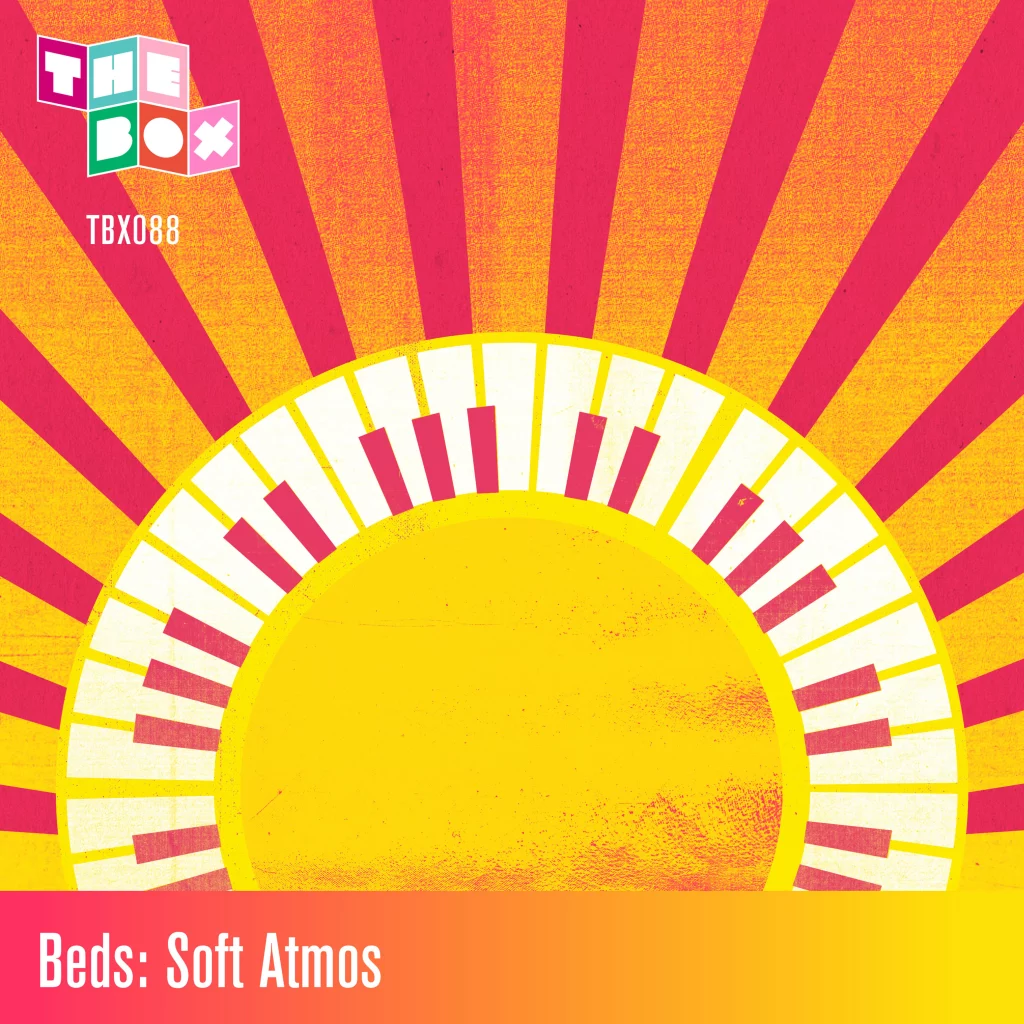
Library music (or production music) is licensed for use in TV, film, radio, documentaries, adverts etc. It is essentially “off the shelf” music that can be used quickly and easily.
The user (say, a producer of a TV programme), will look for a certain type of music in an online music library. When they find the one they like, they licence the music from the library. The composers are paid when the music is licenced, and also paid by PRS when it is broadcast.
This was an exciting prospect to me, so I started approaching libraries in 2019. I did a ton of research (including this great book by Dan Graham), making notes, completing tracks, and working out which libraries to approach.
There are two ways of working with music libraries. You can either create a concept for an album to pitch to labels (a couple of mine are an album of heartbreaking solo piano, and sports guitar rock tracks). If you have an album that is cohesive, complete and ready to go, a library is more likely to take it on.
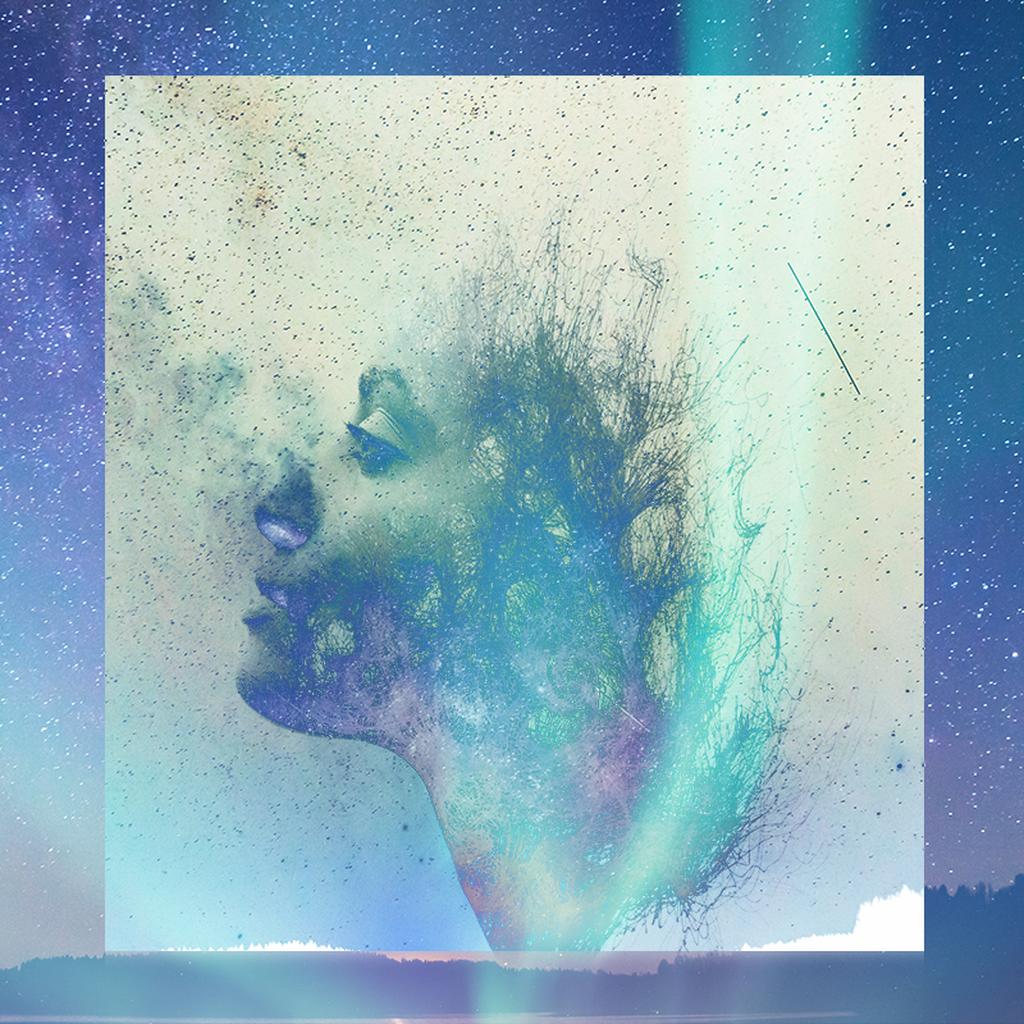
The other way is to compose to briefs that libraries send out. They’ll say something like “We want epic guitar tracks with a nineties feel, 2-3 mins long, two tracks per composer please.” And you submit tracks within that brief.
I managed to get into libraries pretty easily and started working with most of them throughout 2019.
One thing I would advise to anyone looking into doing library music – you don’t really get paid for the first couple of years. The journey between submitting your album and seeing a return is a long and arduous one; labels might take ages to publish your work, then clients have to find it and use it, then the money has to make its way back to the publisher in time for one of their bi-annual payment schedules, and the broadcast money will be even further behind.
So, although my music was being used almost immediately, I didn’t make a single penny in 2019. In 2020, I made a few hundred pounds. In 2021 and 2022 things have started looking up and I now make 50% of my income through library music.
I love doing it. It feels very freeing being able to do pretty much any style of music as someone, somewhere would probably have a need for it. Some of my music (indie guitar, surprise surprise) is more successful than others (breakbeat) but I love doing it all.
It’s amazing to see where tracks end up, and I’ve created a chart that shows how each track is performing.
I’ll leave you with my favourite album that I’ve worked on; it’s called Alone (published by the huge German publisher Sonoton) and is relatively new. Sparse, late night, eerie and mildly jazzy vibes.
This time last year, I wrote a blog that included my hopes for 2021. Part of that was a lot of non-musical stuff, such as going for some walks in the Peak District, seeing more friends, living a little more.
This year, I’ve managed to do that!
You see, when working in a studio, on your own, in a home environment, it’s very easy to become a hermit of sorts. I’ve always felt that the career in music that I worked so hard for could be taken away at any point if I don’t keep going.
And so over the years I did just that – lots of working and less time for socialising, fun stuff and exercise. I’m ashamed to say that I’ve put on over two stone since I started doing this full-time, ten years ago.
So, what changed? The first lockdown in March 2020 made me realise how valuable being sociable is. I missed pubs, gigs and walks. As I mentioned in the blog, I made a massive list of things I wanted to do when restrictions were lifted. But at the same time, I kept working frantically as I was certain that my work would dry up at any time.
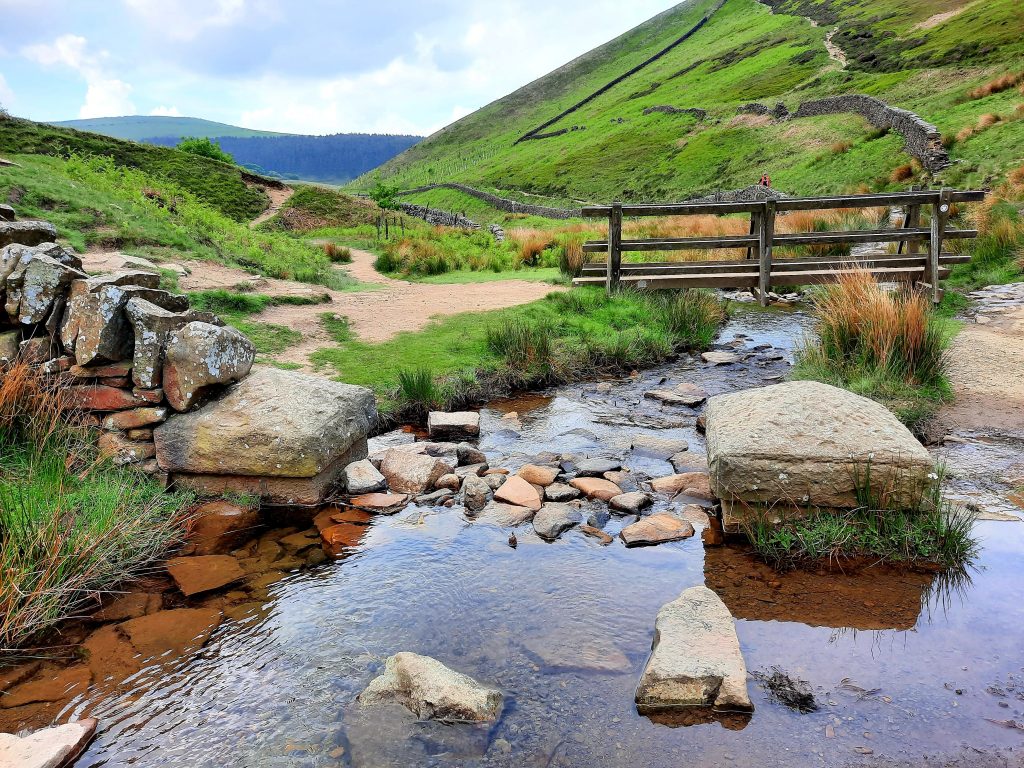
My wife pointed out that I wasn’t really taking much time off, usually two weeks a year; a week for a holiday in summer and a week for Christmas. And I’d invariably get sick at those times!
So this year I gave myself more time, no matter what the financial cost. In fact, I actually had the month June off and took some time to do lots of walks, see friends, do things with family and just relax. It was incredible, and easily one of the best things I’ve ever done!
But even better than that is the fact that my work has improved. I feel like I’m making better decisions and creating better sounds with a much clearer head. I’ll ensure I do the same in 2022.
There have been a few other changes this year – I got air conditioning installed in my studio, which has been a game-changer and made a lot more sessions possible. I recently re-arranged the studio to give me more space, and I bought a standing desk to go with my sitting desk.
I’ve had plenty of people in the studio this year, recording all kinds of things. I’ve stopped blogging about things I’ve produced, for a number of reasons too boring to go into here – but I have another new idea; I’m hopefully going to do some audio podcast interviews with people I’ve worked with. Watch this space!
And finally, this year I have spent a lot of time creating library music. I started in 2019 with the aim of creating 100 pieces of library music a year. As it stands at the end on 2021 I have 277 tracks and they have started generating income. I’ll write more about this in my next blog.
In the meantime, happy new year and here’s to 2022!
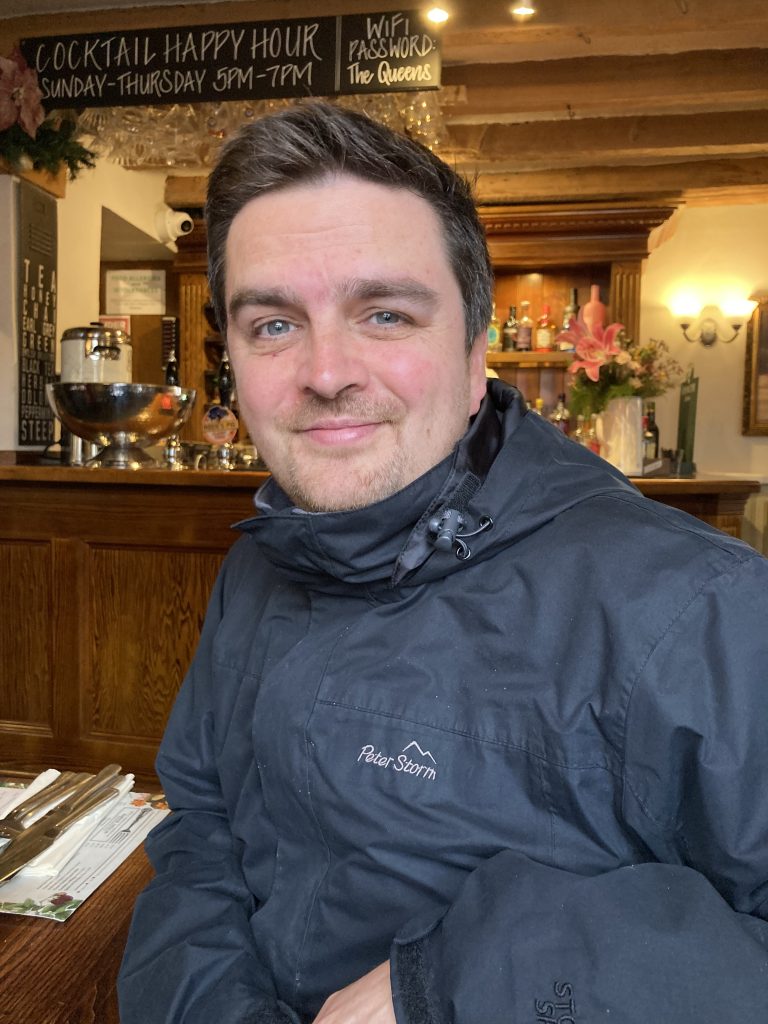
© Copyright Haynes Music Productions 2011-2025